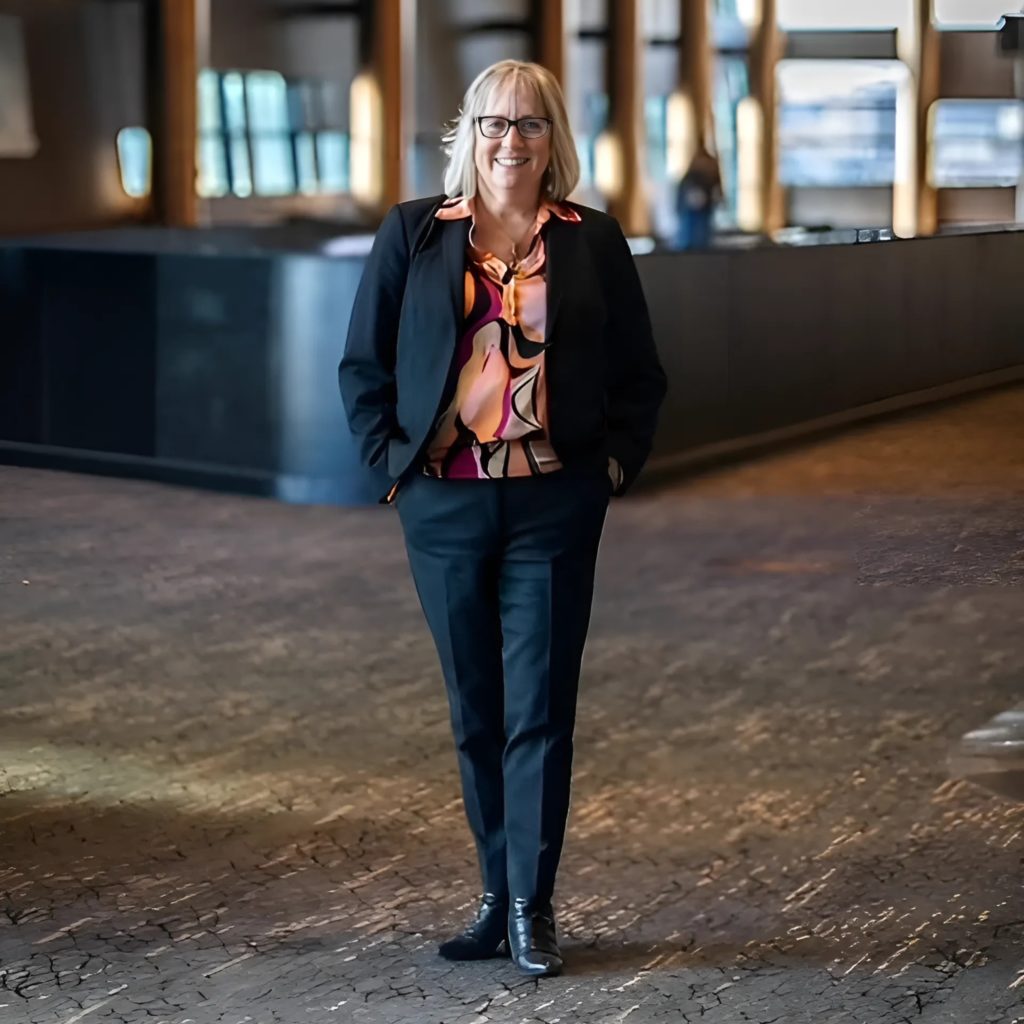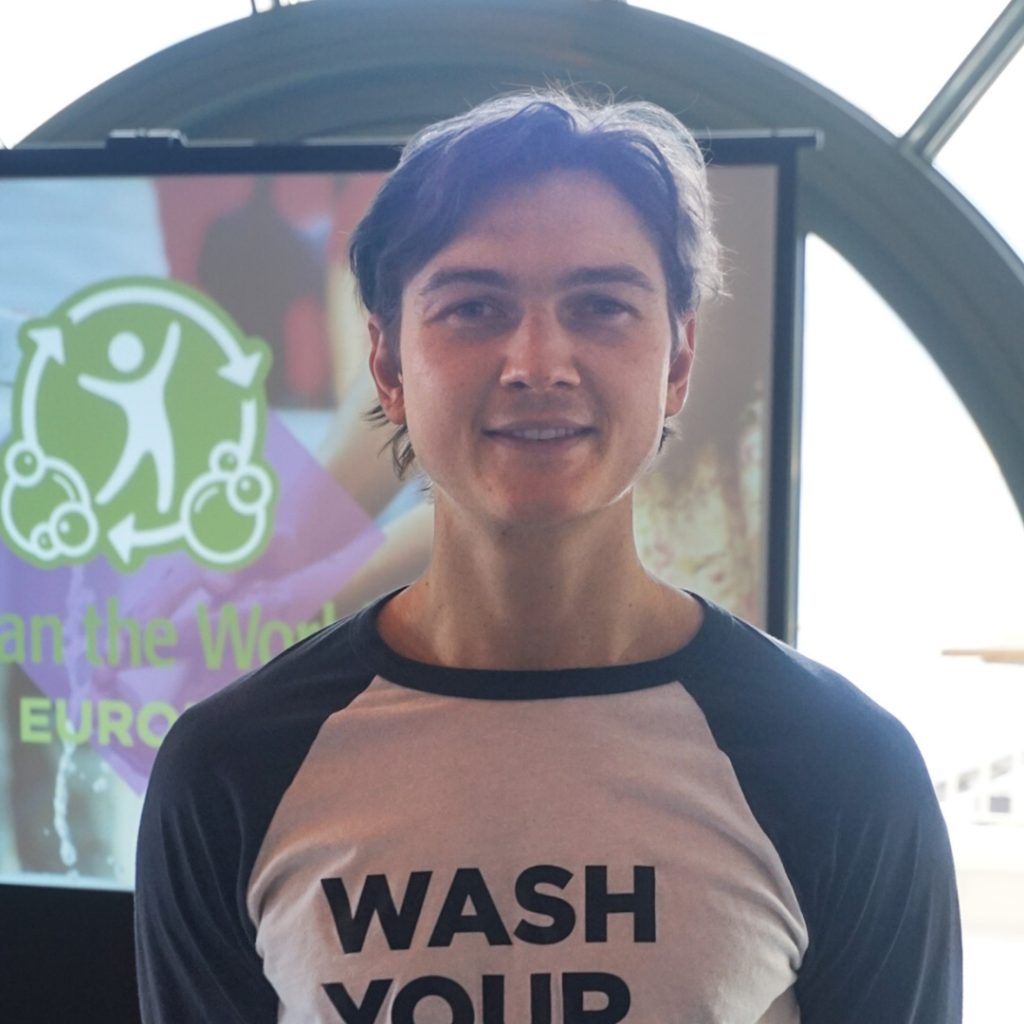12
CLAUDIE RAVEL
Founder & General Manager - Eco Lanka & Guayapi
Hello everybody, I am Claudie Ravel. I founded the commercial company Guayapi 33 years ago when I was pregnant and this is my SMACK story.
Originally I am a jurist, and I worked as such for 12 years before building the Guayapi company in Paris. I was working in the management of a well know garments company, and I was in charge of the global license as well as the communication fields of the company. I decided to open my own business after I became pregnant. I wanted to focus on my own culture and education as that was significant to me. My mother educated me about the products in homeopathy and plants in our own garden, and my father taught us about diversity of native cultures all over the world. That’s how Guayapi Paris was founded in 1990.
A typical Sinhalese product would be Kitul’s sap, which is a natural inverted sugar. Thanks to the doctor in medicine and nutricionist Bernard Touati and another brazilian chemist, Laerte Coaracy, we built the technical files of the company to introduce in Europe these many plants. Thanks to that work the trade of those products has been made possible in more than 3000 shops in France, Germany, Italy, and Spain… as food supplements, also known as “superfood”. I contributed to the creation of the official status of « food supplement », placed between the food product and the pharmaceutical product.
Hello everybody, I am Claudie Ravel. I founded the commercial company Guayapi 33 years ago when I was pregnant and this is my SMACK story.
Following that spirit of transparency, I then built in 1995 two companies with people I met while travelling, among which a business partner, Shelley Abeyagoonesekera, in a small village in Sri Lanka, which produces, processes and exports products to Europe. I travelled a lot when I was younger from India to Mexico, exploring Asia and South America. I met people from everywhere and all of them are incredibly valuable as we are all taking care of our planet. I felt like Europe could take an example from native people from all over the world doing things differently when it comes to taking care of the soil.
Sustainability is obviously a major topic when talking about traveling. It also makes you think about the carbon footprint you produce when using transportation but we should also realize the impact we have when eating cheap food. We all need to be more aware of the world and how to take care of it. When building the company, using a certification body called Forest Garden Products, which is restoring ecosystems around the world, we calculated the impact. In order to rebuild the damages that were done in the past 70-80 years, we started an eco-tourism called “Eco Lanka.” Thanks to the Forest Garden Product concept, conceived by Dr. Ranil Senanayake, a system ecologist doctor, who knows how to rebuild the ecosystem according to the exploration of nature. We wanted travellers to come visit and get aware of it.
With Guayapi, our goal was to bring consumers to the brand by questioning where the products are coming from, the traces, and the people behind them.
The villagers who work in the field are doing this fabulous work of working the soil, fostering biodiversity, and planting different species that are very nutritious as food. Lots of people are looking for those products. Urucum for example: we are selling a lot of it, which plant is native from Amazonia and adapted to Sri Lanka. Nonetheless, exotic plants can be grown in biodiversity-rich areas if they have the same ecological value. In our society, people don’t realize how much there is to learn about nature, but our visitors prefer to eat good, clean and fair products, according to slow food movement (which we are member of). The restaurant cooks only from its own garden and you can grow so much depending on the circumstances: wind, sun, water, pollination, etc. It is important to mention that the Maussawa estate, where Eco Lanka is built was formerly a monocrop of tea culture, rebuilt in analog forestry (which is a reforestation method where original ecosystems are restored).
The guests like activities. On the first day, one possibility is to enjoy trekking through the field. This will enable you to come across all the plants, birds, insects and all the species that are here. Following that, they get to see the production path. The latter is traditional. There is cinnamon, cardamom, turmeric, cloves, pepper, vanilla, cocoa, some tea, some coffee,… never to break the balance of nature. And then Kusuma, a production manager from our village, can share with you the knowledge of drying the plants and then powdering and processing them. The guests can also visit the river and have a bath in the natural swimming pools. They can go to the village temple. There are no big tourist places but sites to enjoy the beauty of nature. They also can learn about the cooking culture in Sri Lanka, as we afford lessons and teach them about the food that we’re offering. For example, we don’t cook hot dishes in order not to disturb sensitive palates . We teach them about spices: cinnamon, cardamom, curry, etc. We also offer meditation and ayurvedic massages, which they have to make an appointment for.
Eco Lanka aims at making people happy as they’re visiting but also at educating them about the region's history.
The villagers who work in the field are doing this fabulous work of working the soil, fostering biodiversity, and planting different species that are very nutritious as food. Lots of people are looking for those products. Urucum for example: we are selling a lot of it, which plant is native from Amazonia and adapted to Sri Lanka. Nonetheless, exotic plants can be grown in biodiversity-rich areas if they have the same ecological value. In our society, people don’t realize how much there is to learn about nature, but our visitors prefer to eat good, clean and fair products, according to slow food movement (which we are member of). The restaurant cooks only from its own garden and you can grow so much depending on the circumstances: wind, sun, water, pollination, etc. It is important to mention that the Maussawa estate, where Eco Lanka is built was formerly a monocrop of tea culture, rebuilt in analog forestry (which is a reforestation method where original ecosystems are restored).
The guests like activities. On the first day, one possibility is to enjoy trekking through the field. This will enable you to come across all the plants, birds, insects and all the species that are here. Following that, they get to see the production path. The latter is traditional. There is cinnamon, cardamom, turmeric, cloves, pepper, vanilla, cocoa, some tea, some coffee,… never to break the balance of nature. And then Kusuma, a production manager from our village, can share with you the knowledge of drying the plants and then powdering and processing them. The guests can also visit the river and have a bath in the natural swimming pools. They can go to the village temple. There are no big tourist places but sites to enjoy the beauty of nature. They also can learn about the cooking culture in Sri Lanka, as we afford lessons and teach them about the food that we’re offering. For example, we don’t cook hot dishes in order not to disturb sensitive palates . We teach them about spices: cinnamon, cardamom, curry, etc. We also offer meditation and ayurvedic massages, which they have to make an appointment for.
We try to involve our guests in the original life of Sri Lanka.
They will get to see how every-day life is for the villagers, their work. The visitor can not only spectate but also decide if he wants want to participate and plant diverse species. As we are working with the village residents, we are also responsible for the Fair trade concept. This is because we are an active member of CEF (Commerce Équitable France) and ATES (Association du Tourisme Équitable et Solidaire), two of the main Fair Trade organisms in France.
Our guests cannot be defined exactly. There are old and young people, kids, female and male, they work in the most different professions, but mainly 95% of the guests are French. After that, Italians followed by Spanish people. We have many backpackers. But since we’re talking and communicating with so many different people you grow a big network and learn a lot about people. Travellers want to grow their knowledge and they show their appreciation for our activities.
With our projects we want to give people what they’re expecting as tourists and at the same time show them how we can make our world a bit better. We want to treat it better, to keep this planet beautiful. Culture and its contents can even be brought into people’s homes with us. It is common for Eco Lanka guests to become partner for Guayapi when they return home. Throughout our lives, we learn what effects our actions, what we eat have. We want to make people understand that they should not only be tourists and spectators but also responsible and active consumers. We want to be a positive example of Fair Tourism.





